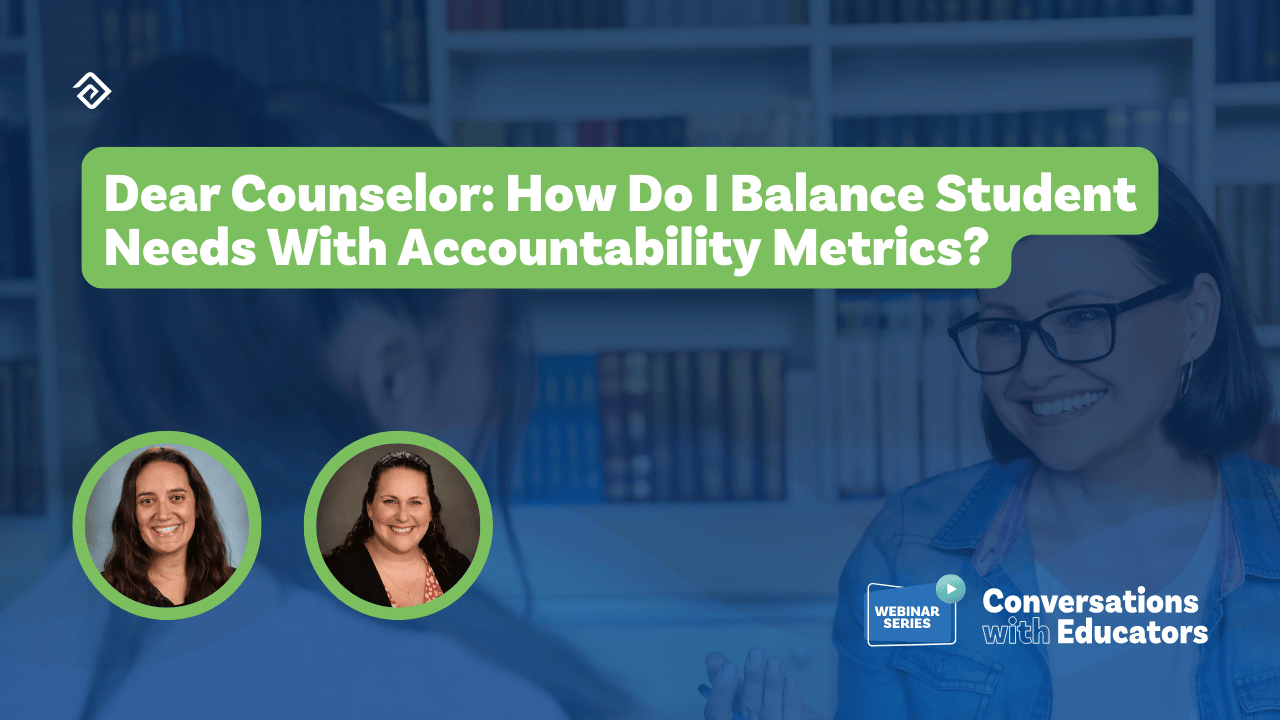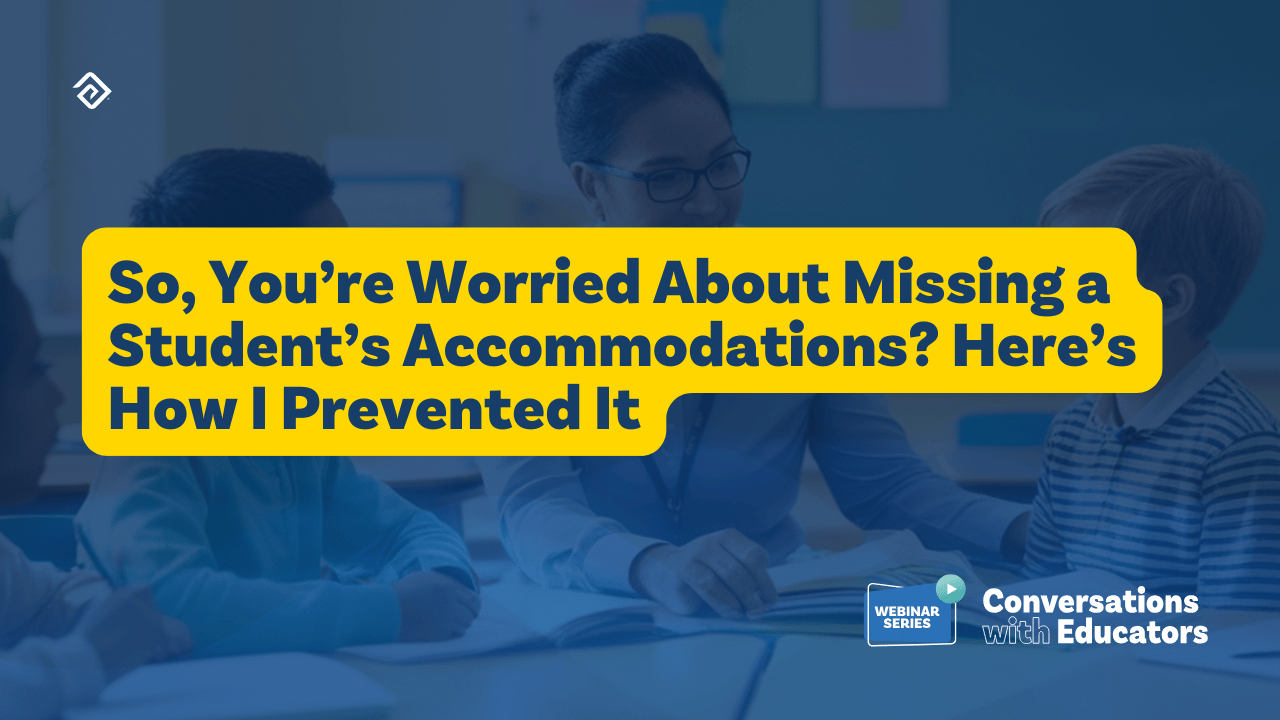How To Be A Successful School Principal: Nine Essential Qualities
Being a school principal can be a challenging job. The principal has a hand in almost all aspects of school administration, especially those relating to students, teachers, and parents.
An impactful school leader wears multiple hats while pushing innovation and creativity in all facets of this critical role. The most successful principals have a positive mindset, a desire for innovation and leadership ideology that encourages success through a variety of strategies to improve not only themselves but everyone under their supervision.
Nine Qualities of Successful School Principals
There are a wide variety of qualities and techniques to become an efficient and well-respected school principal. Here are nine of the most essential:
1. Hiring, Training Skills and Retention
Discovering, employing, training and retaining good teachers makes a principal's job easier in almost every way. A good teacher has strong classroom management skills, communicates well with parents, and provides high-quality education to their students using effective strategies designed to improve student engagement and growth. It’s up to principals to find the right teachers for their schools and help them develop to their fullest potential.
Principals need a facility full of teachers who are adaptable and responsible, committed to the same educational vision, and inclined to go above and beyond essential components to ensure that every student is successful. With a quality staff that principals can trust, principals can spend less time hand-holding instructors and more time focusing on other priorities, such as acquiring improved technology and other resources, using research-based data to develop new strategies to meet learning targets, and building better relationships with community members and stakeholders.
2. Strong Work Ethic
As the school leader, a principal’s professional conduct and overall temperament sets the tone for everyone in the school. The most effective principals establish themselves as the hardest workers in the building- often being the first to arrive and the last to depart. A powerful work ethic can be infectious, and it is easier to have high expectations of teachers and students when they can see that their principal holds such high personal standards. Keeping a positive attitude and smiling in the face of adversity is also important in a principal’s work. Good principals face challenges with determination and persistence while maintaining professionalism at all times.
3. Innovative Thinking
When problems arise, strong principals are innovative and creative in order to find the best solutions. They think outside the box and aren’t afraid to do so. They provide clear explanations of target goals, methods of meeting those expectations, and research data support to inspire teachers to follow suit. They can not be afraid to do what has not be done before, challenge the “status quo” to get different results.
Principals face complicated issues and need to consider creative ways to use resources or obtain new assets to resolve conflicts and meet school needs. They seek and value insight from others to build an atmosphere of cooperation and mutual respect when trying to come up with fresh ideas.
4. Collaboration with Others
As a principal, it is necessary to work with different types of personalities. Each person has a unique set of skills and qualities, and it is important to learn how to work efficiently with each one. The greatest leaders read people well, find out what motivates them, and tactically plant seeds that will ultimately blossom into success. It is important to utilize everyone’s strengths and diverse perspectives for the good of the group.
Communication is a major part of being a school administrator. Principals must collaborate with all community stakeholders, including parents and students. They should be good listeners who value the input and use it to make visible changes. The ability to articulate their vision,mission, objectives, and target goals is crucial to increase community support–especially when planning complex or innovative changes.
5. Ability to Delegate Tasks
As the person most likely to be sitting in the hot seat when a school is not performing well, it can be difficult for principals to hand over the reins to others. However, there are far too many job responsibilities that need focused attention for a leader to spend considerable time micro-managing their staff. Plus, employees will often resent having too much administrative interference in their work duties.
Successful principals recognize the value of delegation. Trusting others to perform duties with high expectations not only relieves leaders of responsibilities but also allows them to focus on more important projects that have a direct influence on student growth. It also allows the administrative team to share some of the burdens a principal might face, relieving some of the workload and inherent stress that comes from being overwhelmed.
Principals should build rapport with staff and learn their capabilities. That way, it is easier to assign individuals to projects that play to their strengths and help them gain confidence in their own abilities while instilling them with a sense of trust.
6. Effective Design and Implementation of Policies
The educational system works best when there are procedures and policies in place to ensure that learning proceeds smoothly without conflict or interruption. A quality principal is a great evaluator who is able to see ways to improve learning opportunities for students and working conditions for teachers while identifying and rectifying any aspects that are inefficient or ineffective.
The majority of principals spend a significant portion of their day dealing with student behaviors. To reduce these incidents, principals should take a proactive approach to develop policy and student discipline, and find a balance between deterrents and rewards for meeting behavior expectations. It is crucial to identify potential problems and quickly address them before they become major issues.
7. Ability to Offer Long-term Solutions to Problems
A short-term fix to any complicated problem is rarely the best solution. Long-term solutions necessitate more time and effort at the outset, yet save considerable time in the long run because they serve to control the situation over an extended period of time. These solutions can always be tweaked based on performance until goals are met and benchmarks are achieved.
Finding appropriate long-term solutions often means seeing the bigger picture. Principals need to look globally and beyond the specific circumstance to determine the source of the problem to address the root cause. This may prevent several unforeseen issues from arising in the future, saving both time and money.
8. Expertise in Education
Principals must be experts in various fields, including educational principles, school policy, and even some school subjects. Successful principals are a goldmine of knowledge and stay up to date on academic research, techniques, and trends. They acquire a basic understanding of the content teachers cover within the school in order to be useful in discussions about curriculum and learning targets.
They also adhere to education reforms at both the state and local levels, keep teachers informed, and provide advice and strategies to ensure optimum student academic growth. Teachers respect a knowledgeable leader who offers thoughtful, intelligent, and practical solutions to issues in the classroom. Obtaining input from all stakeholders can ensure all voices are heard and represented.
9. Accessibility to Students, Staff, and Community
It can be easy for some principals to become so preoccupied with the many duties that they close their office doors to deter interruptions. Sometimes this is a necessity to complete duties before deadlines, but this should be done sparingly. As the direct leader of so many aspects of the school, the principal must be available to everyone, including teachers, staff, parents, and, most importantly, students.
Successful principals understand that establishing and maintaining meaningful relationships with school personnel, students, and parents is essential for creating an exceptional school environment. This is particularly vital to creating a positive and nurturing campus culture. A principal’s attention is often in high demand - everyone comes to them when they need assistance or if a problem arises. It is important to be accessible, listen carefully, and help implement a solution.
Focus on the Students
Remember, the bottom line is student engagement and growth. All actions aim to create a high-quality learning environment to achieve student success, both individually and collectively. Ensuring the students' safety, social-emotional health, and academic growth are the most fundamental responsibilities of a principal.
All implications for students must be considered when a principal makes decisions. The principal should build relationships with students, understand their needs and desires, be visible to them, and encourage the school staff to do the same.
The Bottom Line
It can be tough to juggle the day-to-day obligations of being a school principal. Principals must be willing to take responsibility for virtually all aspects of school administration and teacher performance, but remember that principals are first and foremost educators.
Successful principals maintain a sharp focus on student achievement. Students, teachers, parents, and community members rely on them to produce quality results and give students the best chance to succeed.



More Great Content
We know you'll love



